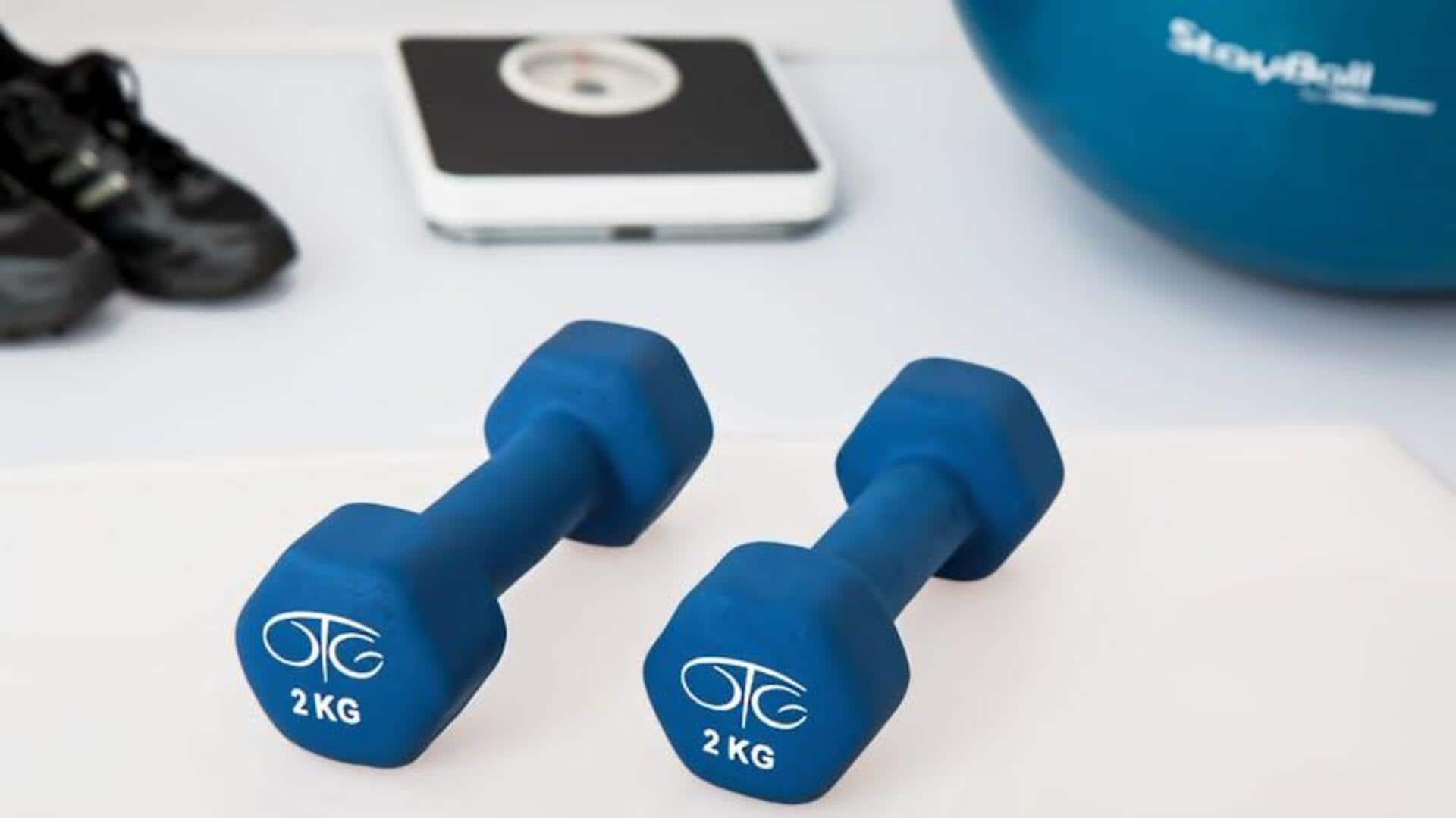
Does exercise boost immunity? Separating fact from fiction
What's the story
Exercise has always been touted as a key to boosting the immune system, but how much of this is fact, and how much is fiction?
Knowing how physical activity and immunity go hand in hand can help you make mindful choices about your health routines.
Here are all the ways exercise impacts immunity, and how much of it is myth and reality.
#1
Moderate exercise benefits immunity
Moderate exercise can boost your immunity by improving circulation.
It helps cells and other substances of the immune system move through the body freely.
Studies indicate that regular moderate activity can result in a 20% lesser risk of upper respiratory infections than sedentary lifestyles.
This goes on to say that sticking to a regular routine of moderate exercise may help you stay immune.
#2
Intense workouts may suppress immunity
While moderate exercise boosts immunity, intense workouts might have the opposite effect.
Engaging in prolonged high-intensity activities without adequate rest can temporarily suppress immune function.
This suppression occurs because intense physical stress increases cortisol levels, which may reduce white blood cell count for up to 72 hours post-exercise.
Therefore, balancing workout intensity with recovery time is crucial for maintaining optimal immunity.
#3
Role of nutrition in immune support
Along with exercise, nutrition has an equally important role to play in boosting the immune system.
A healthy, balanced diet full of vitamins and minerals keeps your immune system healthy.
Nutrients such as vitamin C, vitamin D, zinc, and antioxidants are especially useful in strengthening the body's defenses against infections.
Regular exercise coupled with adequate nutrition creates a synergistic effect that improves overall health and resilience.
#4
Stress reduction through physical activity
Exercise has been shown to be an effective tool for stress management, which indirectly benefits immunity.
Physical activity triggers the release of endorphins—chemicals in the brain that act as natural painkillers and mood elevators. This helps reduce stress levels significantly.
Lower stress levels correlate with improved immune response. This is because chronic stress can weaken your defenses over time by increasing inflammation within the body.